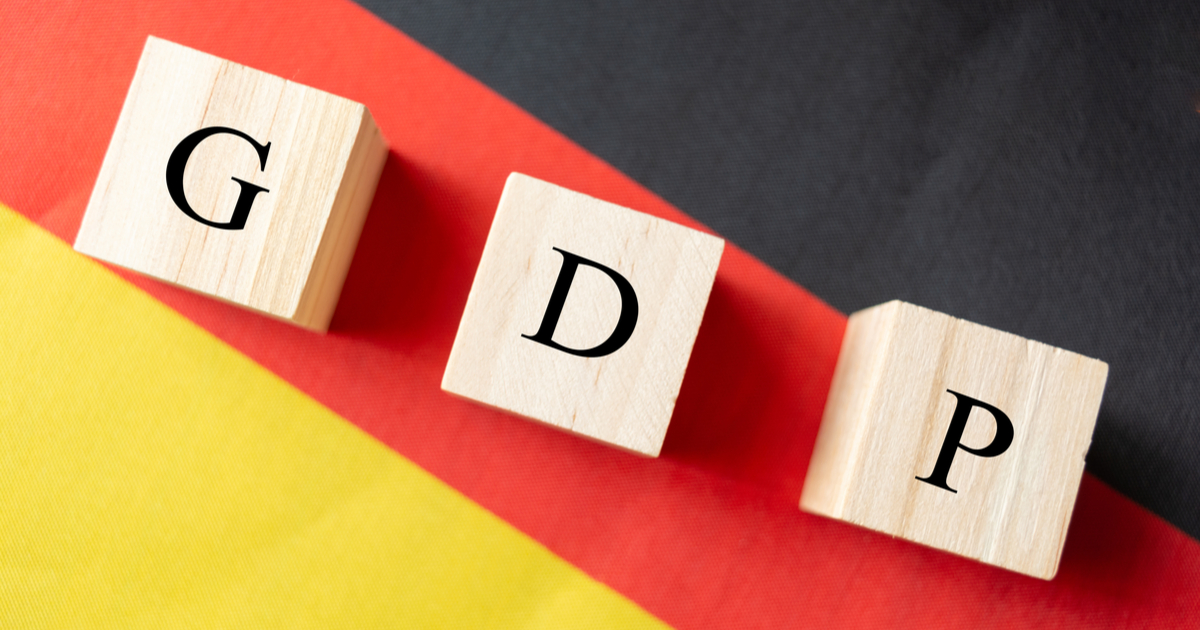
News Global Market Germany 1466 15 January 2024
The country's economy decreased under the influence of high inflation, rising interest rates, and a decline in economic activity
The German economy decreased by 0.3% in 2023 compared to 2022. The indicator fell for the first time since 2020 under the influence of high inflation, rising interest rates and a decline in economic activity both in the middle countries and abroad. This is evidenced by preliminary data from the German Federal Statistical Office Destatis.
Adjusted for inflation and calendar factors, the German economy shrank by 0.1% yoy in 2023.
«Germany’s overall economic development deteriorated in 2023 amid the crisis. Despite the recent easing of inflation, prices remained high at all stages of the economic process and restrained economic growth. Unfavorable financial conditions related to rising interest rates and weakening domestic and foreign demand also had their effects,» comments Destatis President Ruth Brand.
At the same time, Germany’s GDP in 2023 was 0.7% higher than in 2019, the year before the coronavirus pandemic.
According to the revised data, the German economy grew by 1.8% in 2022 compared to 1.9% in the previous report.
Exports from Germany in 2023 declined by 1.8% y/y, while imports fell more sharply, by 3% y/y. This led to a positive external balance, which supported GDP.
Consumer spending declined by 0.8% y/y over the year, while government spending fell by 1.7% y/y for the first time in 20 years. Gross fixed asset investment decreased by 0.3% y/y.
Activity in Germany’s manufacturing sector declined by 2% last year. In particular, in the manufacturing industry – by 0.4% y/y, and in the construction sector, an increase of 0.2% y/y was recorded.
«Most segments of the service sector showed growth last year, but it was weaker than in the previous two years,» the agency notes.
The total deficit of German state budgets in 2023 amounted to €82.7 billion, which is €14 billion less than a year earlier. It decreased to 2% of GDP from 2.5% of GDP in 2022.
As GMK Center reported earlier, in 2023, Germany’s economy was the weakest among the major eurozone countries due to high energy prices, weak export markets, and record high interest rates. According to experts, it will face difficulties this year as well. Currently, the government’s economic forecast envisages GDP growth of 1.3% in 2024, but analysts estimate it to be well below 1%.




